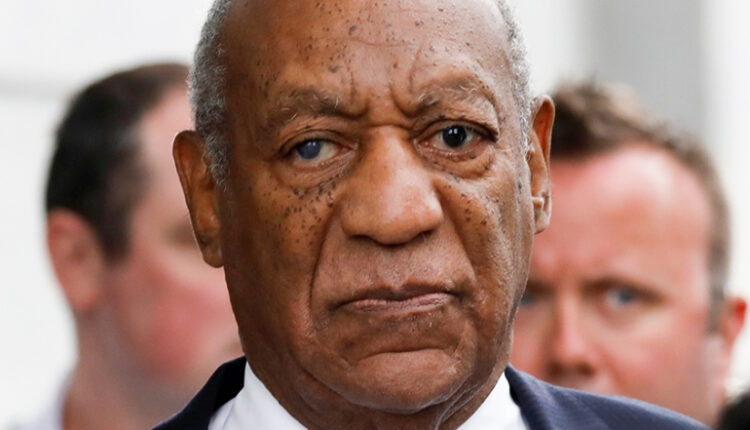Bill Cosby to Be Freed as Court Overturns His Sex Assault Conviction
Bill Cosby had his conviction for sexual assault overturned by a Pennsylvania appeals court on Wednesday, a decision that will set free a man whose case had represented the first high-profile sexual assault trial to unfold in the aftermath of the #MeToo movement.
Mr Cosby had served three years of a three- to 10-year prison sentence at a maximum-security facility outside Philadelphia when the 7-member Pennsylvania Supreme Court ruled that Mr Cosby, 83, had been denied a fair trial in 2018.
The ruling upended the legal case against Mr Cosby brought by prosecutors in Pennsylvania that began with his arrest in 2015 on charges of drugging and sexually assaulting a woman at his home in the Philadelphia suburbs eleven years earlier.
At the end of the trial in April 2018, the jury convicted Mr Cosby, who for years had brightened America’s living rooms as a beloved entertainer and father figure, of three counts of aggravated indecent assault against Andrea Constand, to whom Mr Cosby had been a mentor and who was at the time a Temple University employee.
In 2019, an interim court had upheld the trial verdict. But the Supreme Court, the state’s highest court, agreed to consider the case, and at a hearing in December some of the court’s seven justices questioned prosecutors sharply.
In their 79-page opinion, the judges wrote that a “non-prosecution agreement” that had been struck with a previous prosecutor meant that Mr. Cosby should not have been charged in the case, and that he should be discharged. They barred a retrial in the case.
In 2005, Mr. Cosby was investigated in the case of Ms. Constand, and a former district attorney of Montgomery County had given Mr. Cosby his assurance that he would not be charged in the case. The former district attorney, Bruce Castor Jr., has testified that while there was insufficient evidence to bring a criminal prosecution, he had given Mr. Cosby the assurance to encourage him to testify in a subsequent civil case brought by Ms. Constand.
In that testimony, Mr. Cosby acknowledged giving quaaludes to women he was pursuing for sex — evidence that played a key part in his trial after Mr. Castor’s successors reopened the case and charged Mr. Cosby in December 2015. That was just days before the 12-year statute of limitations expired in the case, and it came amid a number of new accusations from women who bought similar accusations of drugging and sexual assault against Mr. Cosby.
“In light of these circumstances, the subsequent decision by successor D. A.s to prosecute Cosby violated Cosby’s due process rights,” the appeals ruling said. “No other conclusion comports with the principles of due process and fundamental fairness to which all aspects of our criminal justice system must adhere.”



